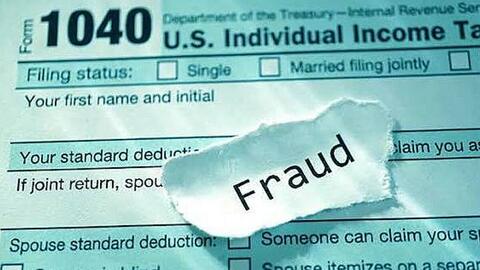By: Richard L. Smith
A federal jury has convicted a New Jersey tax preparer for orchestrating an enormous scheme that sought more than $170 million in fraudulent COVID-19 tax refunds from the Internal Revenue Service, Acting U.S. Attorney and Special Attorney Alina Habba announced.

Federal officials said Leon Haynes, 52, of Teaneck, was found guilty of 15 counts of aiding and assisting in the preparation of false tax returns, one count of mail fraud, and two counts of tax evasion.
His conviction came after a six-day trial before U.S. District Judge William J. Martini in Newark. He is scheduled to be sentenced on March 12, 2026.
According to evidence presented in court, Haynes used the pandemic-era Employee Retention Credit and Sick and Family Leave Credit programs, financial lifelines created by Congress to help small businesses stay afloat, to carry out a sweeping fraud operation.
From November 2020 through May 2023, Haynes prepared or helped others prepare more than 1,900 falsified employment tax returns.
Prosecutors said the documents routinely included fabricated employee numbers, made-up wages, and other false information meant to trigger massive tax refunds.
Many of the claims were filed on behalf of his own businesses, as well as on behalf of clients who paid him fees based on the size of the refund checks.
The scheme sought more than $170 million in refunds and succeeded in pulling more than $55 million from the U.S. Treasury before coming under scrutiny.
Haynes then compounded the fraud by failing to report the substantial cash payments he collected from his clients, evading his own tax obligations in the process.
Each count of aiding and assisting in the preparation of false returns carries a maximum sentence of three years in prison and a $250,000 fine.
The mail fraud charge carries up to 20 years in prison, and tax evasion carries additional penalties.

Haynes now awaits sentencing as federal authorities continue efforts to recover stolen pandemic relief funds and hold accountable those who exploited emergency programs created during one of the nation’s most challenging periods.
